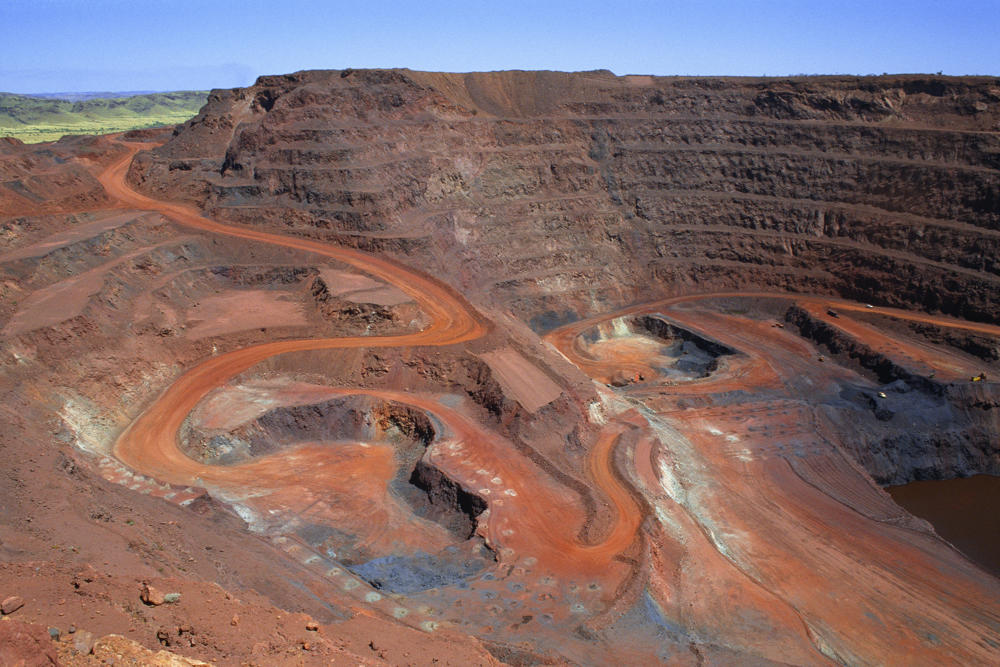
The Australian Renewable Energy Agency (ARENA) has announced significant funding for two pioneering projects aimed at advancing sustainable iron-making and renewable hydrogen production in Australia.
The projects, led by Professor Yansong Shen and Scientia Professor Rose Amal from UNSW’s School of Chemical Engineering, received a total of $6.3 million in the latest round of funding.
ARENA CEO Darren Miller expressed support for Australian technological innovation that contributes to building clean industries and aligns with the country’s ambitions of becoming a renewable energy superpower.
The first project, led by Professor Yansong Shen, received $4.4 million under ARENA’s Iron and Steel Research and Development Funding.
This project aims to develop a new blast furnace technology for low-emission iron-making.
The ‘Renewable Injections-Sustainable Burdens (RISB) process project’ will explore innovative ways to optimise the use of low-grade Australian iron ore and renewable fuels in the iron-making process.
Professor Shen stated: “Our project is focussed on new and cost-effective ways to optimise the use of low-grade Australian iron ore and the use of renewable fuels including fine-ferrous feeds, hydrogen-rich gases and biochar into the process.”
The project partners include major industry players like Rio Tinto, BlueScope Steel, Baowu Steel, ArcelorMittal, and Cleantech Energy Australia, as well as Australian universities.
The second project, ‘Production, Multiphase Electrolysers for Renewable Ammonia Production,’ led by Professor Rose Amal, received $1.9 million.
This project aims to accelerate the scaling-up and commercialisation of a technology known as OzAmmonia, which allows for the direct conversion of air and water into ammonia.
Professor Amal stated: “The ability to safely produce renewable ammonia through our hybrid advanced oxidation and electrolyser process has great potential to support the development of low-cost, clean ammonia in Australia.”
The technology also has the potential to convert nitrogen oxide gases from waste flue gas and wastewater into ammonia, contributing to a zero-emissions future for fertilisers and fuels.
Both projects are part of ARENA’s Transformative Research Accelerating Commercialisation (TRAC) Program, which supports the global transition to net-zero emissions by funding innovative research and development projects.
Professor Julien Epps, Dean of Engineering at UNSW, praised the projects, stating that they are crucial for increasing understanding and adoption of technologies that will be essential for a clean energy future.
The funding provided by ARENA underscores the Australian government’s commitment to supporting groundbreaking research that drives the transition to a more sustainable and environmentally friendly energy sector.












